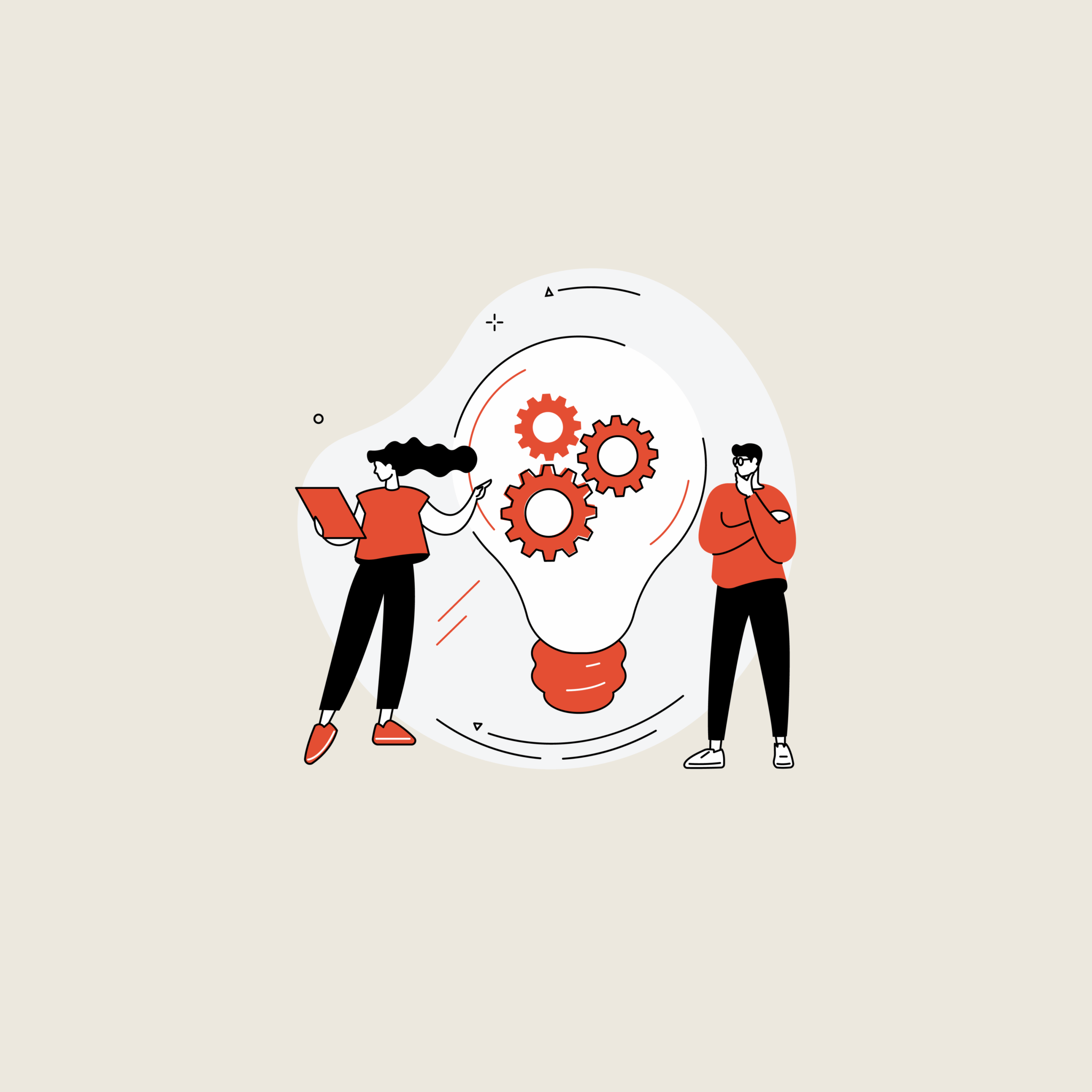A New Way to Understand Growth: The Iterative Mindset and What It Means for Employee Wellbeing
At Fresh Tri, we know lasting change comes not from perfection, but from practice. That’s why we’re excited to share a new peer-reviewed paper—co-authored by our team and the Institute for Iterative Thinking (IFIT)—just published in Behavioral Sciences.
The paper introduces a concept that’s central to our mission: the Iterative Mindset.
Rather than pushing for rigid habits or chasing one-size-fits-all solutions, the Iterative Mindset encourages individuals to try, reflect, and adjust. In other words: progress through iteration.
The Research
The IFIT team introduces the Iterative Mindset Inventory (IMI), a scientifically validated tool designed to measure how people engage in growth through three core processes: Iterate. Practice. Assess.
Using data from two U.S. adult samples, the study found that people with higher iterative mindset scores were more likely to report:
- Increased wellbeing
- Higher self-efficacy (belief in their ability to improve)
- Greater success with weight loss over time
Even more exciting? The iterative mindset stood apart from other well-known concepts like growth mindset and personality traits by offering something new, actionable, and measurable.
Why This Matters for Employers
In the workplace, wellbeing initiatives often focus on outcomes: healthier habits, reduced stress, better productivity. But what’s often missing is a focus on how employees approach change in the first place.
That’s where the iterative mindset comes in.
Imagine employees who feel empowered to try something new, without fear of failure. Who see each attempt not as a pass/fail test, but as valuable feedback. Who learn to shift from “I should have done better” to “What can I try next?”
This mindset doesn’t just help people make healthier choices—it creates a culture of growth, psychological safety, and resilience.
Bringing Iteration Into Your Organization
At Fresh Tri, everything we build is grounded in the belief that change happens through practice, not pressure. That’s why we’ve embedded iterative thinking into our digital health platform, our coaching model, and the way we partner with employers.
This new research adds to the evidence base supporting what we see every day: when people are allowed to iterate without shame or judgment, they unlock their capacity for lasting transformation.
We’re excited to keep sharing tools, insights, and science like this with the people and companies we serve.
Want to learn how to bring the iterative mindset into your employee wellbeing strategy? Let’s talk.
—
Fresh Tri is proud to support research that moves the science of behavior change forward. This publication was co-authored by Fresh Tri CEO Dr. Kyra Bobinet, in collaboration with IFIT researchers Jeni L. Burnette, Whitney Becker, and Mallory Rowell.













